SHOCKING EXPOSÉ: Elon Musk’s $44 Billion Digital Empire Unmasked—Alleged Bot Network Reportedly Driving Unseen Internet Influence at Massive Scale
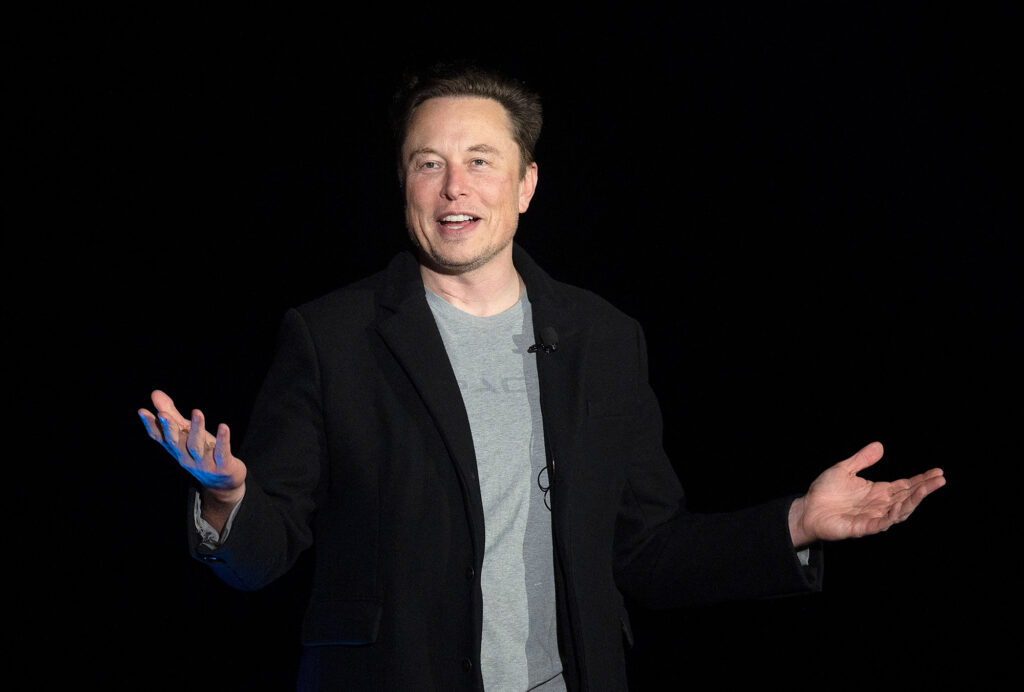
Elon Musk’s eye-popping $44 billion acquisition of a major social platform has unveiled more than just a corporate buyout—it’s allegedly the gateway to one of the most sophisticated digital influence operations in modern history.
According to leaks from multiple insiders and investigative sources, Musk is accused of harnessing this platform not simply for innovation, but to orchestrate an intricate network of automated bots designed to sway online conversations, amplify his persona, and cement control over the digital narrative.
Behind the Curtain: The Alleged Bot Army
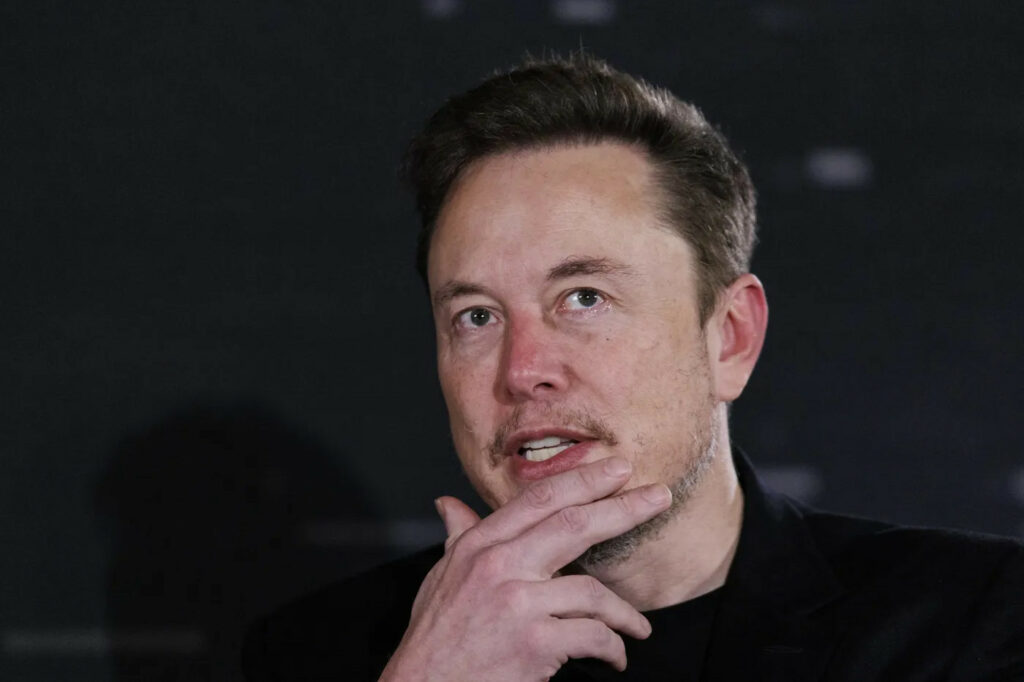
Sources claim this vast, covert operation involves thousands of AI-driven accounts engineered to mimic real users—liking, replying, sharing, and even arguing across the platform. The result? Manufactured support, silenced criticism, and a digital echo chamber designed to favor Musk-aligned ideas.
This network is reportedly blurring the line between authentic public discourse and programmed perception management. What looks like trending support may, in fact, be artificially inflated by algorithmic manipulation.
Public Image vs. Private Machinery
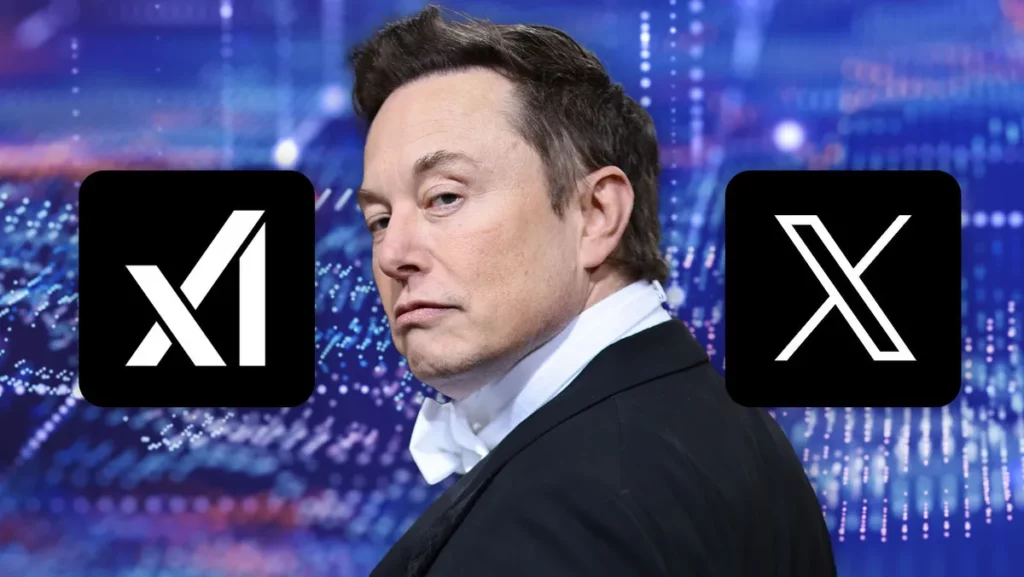
While Musk brands himself as a vocal advocate for free speech and technological transparency, the idea that he may be using behind-the-scenes AI tools to influence discussions raises serious questions about digital ethics, corporate power, and public trust.
At the heart of this alleged system is its ability to hijack visibility. These bots are capable of pushing pro-Musk narratives to the top of algorithmic feeds while drowning out dissent—potentially shaping public opinion, market behavior, and even political direction.
Experts Sound the Alarm
Digital watchdogs and media analysts warn that this level of manipulation is unprecedented. The use of bots at scale undermines honest conversation and threatens democratic processes.
“These aren’t just bots liking cat videos,” one media analyst noted. “They’re tilting the table of public debate.”
And the problem may be worse than it appears: These bots are said to use advanced machine learning to mimic natural human interaction, often evading detection by traditional moderation systems.
The Purpose: Visibility, Protection, Power

Analysts believe the strategy serves several goals: enhance Musk’s digital footprint, protect his companies from reputational damage, and launch swift counter-narratives during controversies. The bots reportedly act like a digital defense force—suppressing criticism, promoting allies, and engaging in mass persuasion during critical business or political moments.
The impact is not limited to popularity metrics. With the power to shift narratives in real time, these bots could influence investor sentiment, regulatory responses, and even electoral landscapes.
Infrastructure of Influence
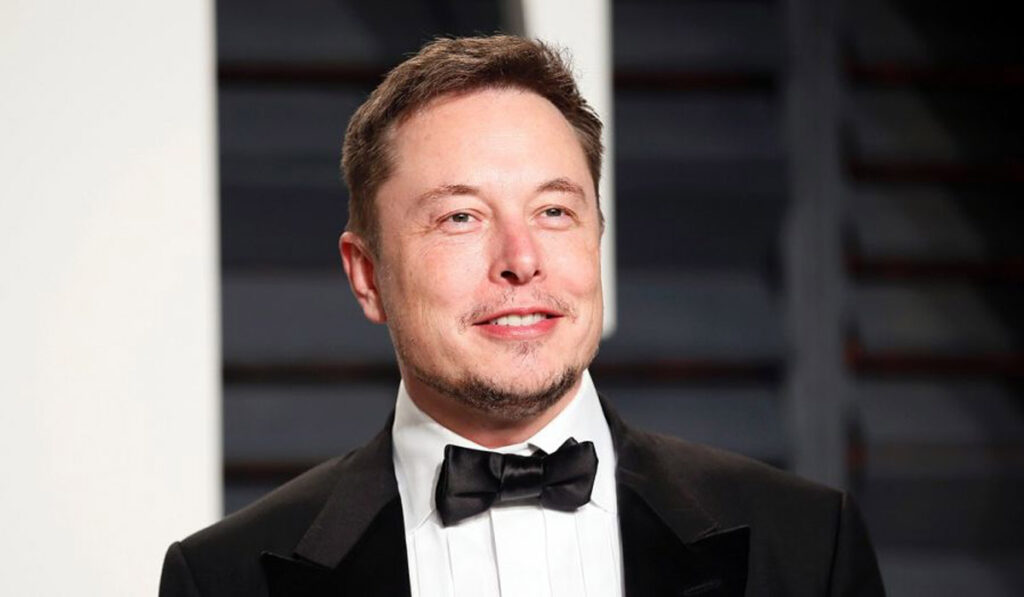
The AI technology underpinning the alleged operation is reportedly cutting-edge, utilizing deep learning to create fluid, humanlike responses that blend in with real users. This makes them hard to flag and harder to stop—giving Musk’s digital operation an edge over platforms, regulators, and civil society.
Despite mounting concern, Musk continues to maintain a public narrative of openness and innovation, brushing off accusations as misunderstandings or partisan attacks. Yet, reports from whistleblowers and analysts continue to suggest a much deeper and more coordinated system at work.
Ethical and Democratic Fallout
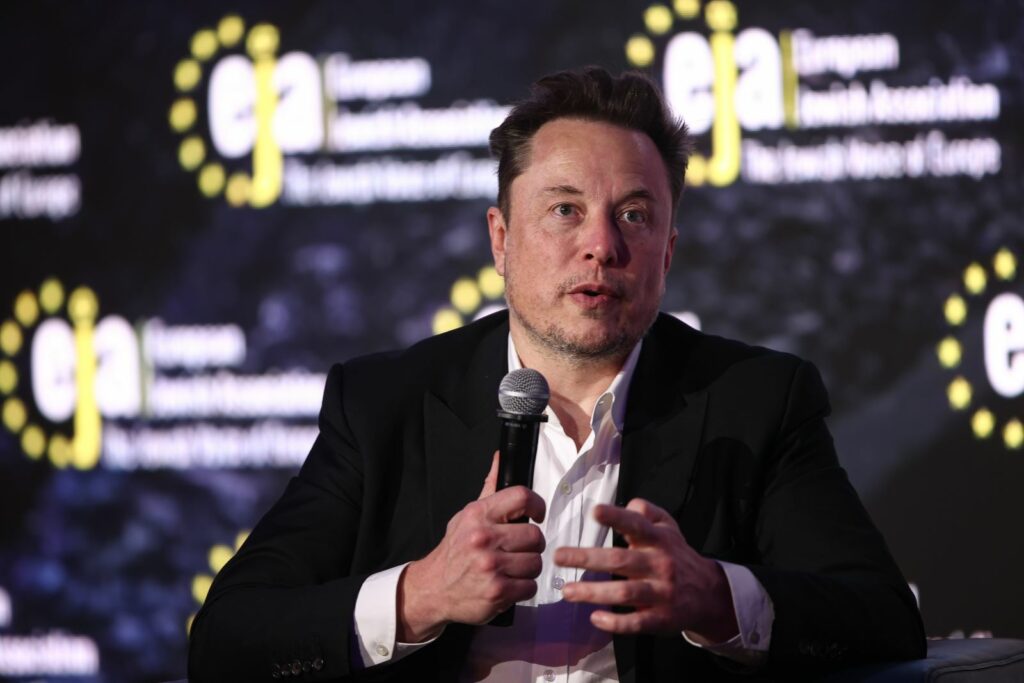
The ethical implications are massive. If true, this operation represents one of the most potent uses of digital power by a single individual in history. Critics argue it’s a step toward information monopolization—a world where public perception is engineered, not earned.
The opacity of the system also makes it nearly impossible for everyday users, or even regulators, to challenge. And that, say experts, is precisely the danger.
What’s at Stake?
As debate grows louder, government bodies, advocacy groups, and civil society are beginning to call for transparency and legislative oversight. At the core of these conversations are foundational questions about truth, power, and the future of public communication.
Musk’s alleged influence network may serve as a case study in how technology can be weaponized to shape collective reality—not with brute force, but with code, automation, and narrative control.
The Bottom Line:
Elon Musk’s $44 billion acquisition may not have just bought a company. It may have activated a new era in digital influence—one where artificial manipulation hides behind the mask of engagement, and one man’s reach extends deeper than any platform is willing to admit.
As revelations continue to surface, the world must reckon with a difficult truth: in the age of AI and automation, influence is no longer earned—it can be built.